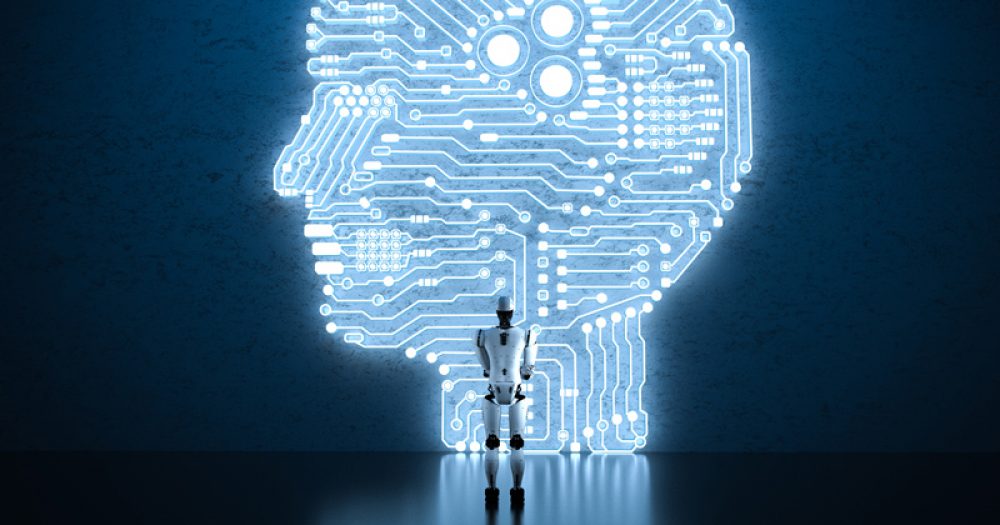The second episode of Alex Beard’s The Learning Revolution for BBC Radio 4 falls short of asking the big questions about teaching’s present and future challenges, writes Melissa Benn
Since he published Natural Born Learners in 2018 Alex Beard has become something of a one-man explorer of education’s near future.
In this second instalment of his Radio 4 series, he looks specifically at the challenge of teaching, and all the usual paradoxes come tumbling out. Peer-to-peer learning seems likely to grow, yet expert teachers – now renamed coaches, instructors and facilitators (Ugh!) – will become ever more crucial. Artificial Intelligence will dramatically reshape learning, yet that will only highlight the need for the human touch. Teaching “will be everywhere”, yet by 2030 we will face a staggering global shortfall of 69 million teachers.
Some developments seem exciting, such as local learning labs and studios in every workplace where employees as lifelong learners can absorb the skills of experts. Others seem potentially sinister, such as wearable technology that keeps track of students’ brainwaves and emotions.
Other ideas don’t actually sound that new. I wish I could take Californian psychologist Alison Gopnik – who sees cooking, childcare and carpentry as skills of the future – back to my seventies London comprehensive. We learned all three, albeit in strictly gender-rigid ways.
Or what about the idea that students of the future will enjoy a pick-and-mix approach to knowledge, moving from online tutorials to collaboration in a local lab to a session out in the nearest wood or forest? Forget the gleaming iMacs for a moment. This emphasis on variety, collaboration and learning-by-doing reminds me of nothing so much as the pioneering educational philosophies and practices of the original free schools such as A. S. Neill’s Summerhill, which opened nearly a century ago. It also sounds a lot like a day in the life of some of the more forward looking primary and secondary schools that I have visited over the years.
That future may be nearer than we think, thanks to the corona crisis
The Learning Revolution cleverly sidesteps the current toxic divides within English education by travelling abroad. Beard takes us to inspiring institutions like 42, a teacher-free coding university in the suburbs of Paris, and Agora, a school in the Netherlands which looks like a ‘futurist theme park’ and where students are encouraged to design their own desks. But why then bring in the most traditionalist of English voices such as the ubiquitous Katherine Birbalsingh and Daisy Christodoulou and not talk to some of our outstanding homegrown innovators such as the founders of XP School in Doncaster?
One of the more interesting ideas in the programme relates to teacher supply more than teaching itself. Lucy Crehan, another Teach First graduate who went into global research, proposes that anyone with a passion for or expertise in a subject could offer their services to a school for just a few hours a week.
Then again, thinking about that 69 million shortfall, I fear that the government might use such ‘mini-sessions’ to replace much needed professionals and so add teaching to the precarious gig economy. Nor will polished Apple hardware, body surveillance systems and Jo Wicks-style online sessions solve the intractable problems, from boredom to exhaustion to lack of resources, faced by today’s teachers.
The pragmatic likelihood is that teaching of the future will remain a mix of direct instruction in what Beard calls – a little tongue-in-cheek – “the basis of the operating system” (that’s maths, English and science to you and me) and more collaborative and self-directed learning.
That future may be nearer than we think, thanks to the corona crisis. When we return to something like normal, our education system could look dramatically different with fewer exams, more teacher assessment, a greater role for parents (sorry, I mean facilitators) and indeed a much bigger role given to online teaching and learning.
But we also know that millions of poorer children currently can’t access resources for lack of appropriate tech and don’t have parents who can help out. They risk facing more austere and uninspiring direct instruction in underfunded classrooms. Beard doesn’t touch on the central question of inequality – in classrooms or in life, and that remains the biggest challenge of all. Now and in the future.
Melissa Benn’s latest book is Life Lessons: The Case for a National Education Service, available from Verso
Read Tom Bennett’s review of the first episode in this series here.








Your thoughts